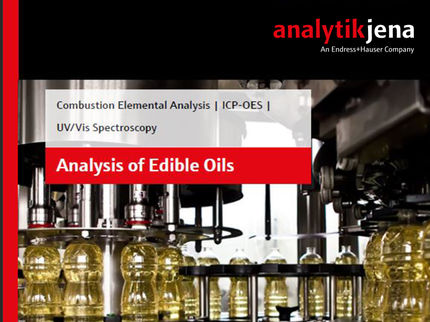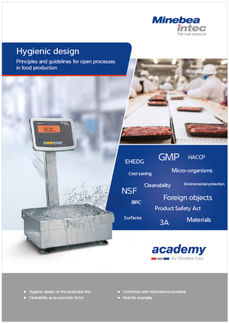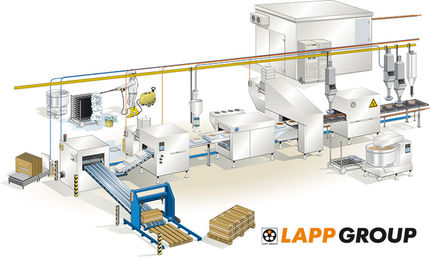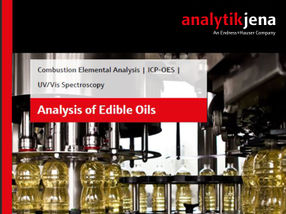Analytik Jena
Analysis of Edible Oils on the example of palm oil

Elemental analysis | atomic spectroscopy | UV/Vis spectroscopy
Today, edible oils are everywhere. Oils like olive or sunflower are staples in many household cupboards and professional kitchens around the world. However, the global importance of edible oils lies mainly in their use as an ingredient in the production and processing of other food products, as well as cosmetics, and as a precursor for biofuels and oleochemicals. Vegetable oils are especially significant here: Today, the annual production of vegetable oils such as palm, palm kernel, rapeseed, soybean, coconut, peanut, and sunflower oil has gone up to over 200 million tons a year. They count as the most widely used oils with the highest annual production tonnage. Monitoring edible oil along the value chain for quality and safety parameters is a key task for food production companies and authorities – to protect consumers and to keep production values and standards high. Considering the complexity and the sheer amount of production taking place around the world, the challenge for laboratories is to cope with the increasing number of samples while simultaneously gain reliable analytical data. Our company’s mission is to support customers worldwide with analytical solutions to improve their services and products.
Advertisement
White Paper classification
White papers on related topics
Products on related topics
Webinars on related topics
See the theme worlds for related content
Topic world Food safety
Food safety is at the heart of the food and beverage industry. It ensures that the food we eat every day is not only nutritious, but also free of harmful contaminants. From field to plate, the industry monitors and regulates every step of the process with strict quality controls, advanced testing methods and continuous research.

Topic world Food safety
Food safety is at the heart of the food and beverage industry. It ensures that the food we eat every day is not only nutritious, but also free of harmful contaminants. From field to plate, the industry monitors and regulates every step of the process with strict quality controls, advanced testing methods and continuous research.








